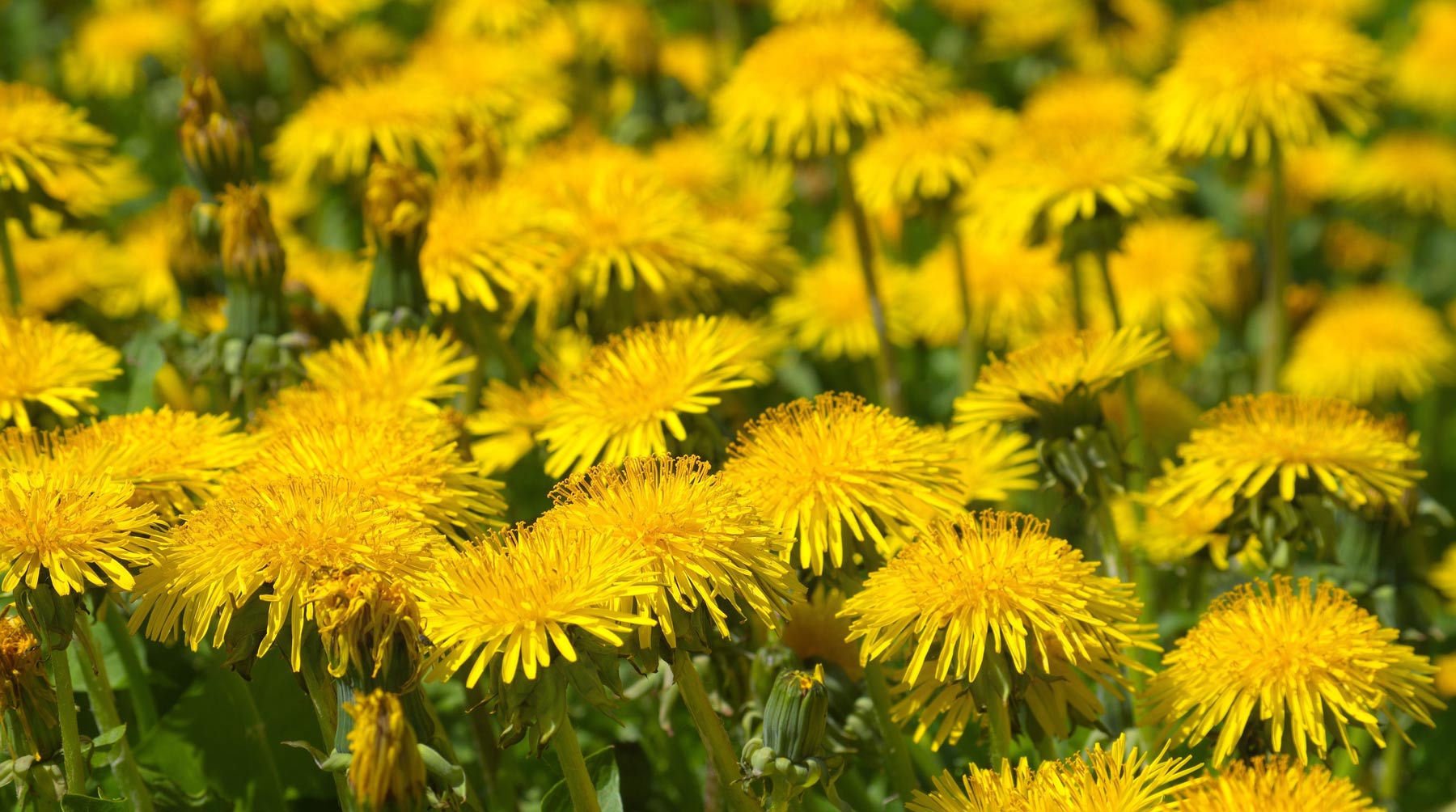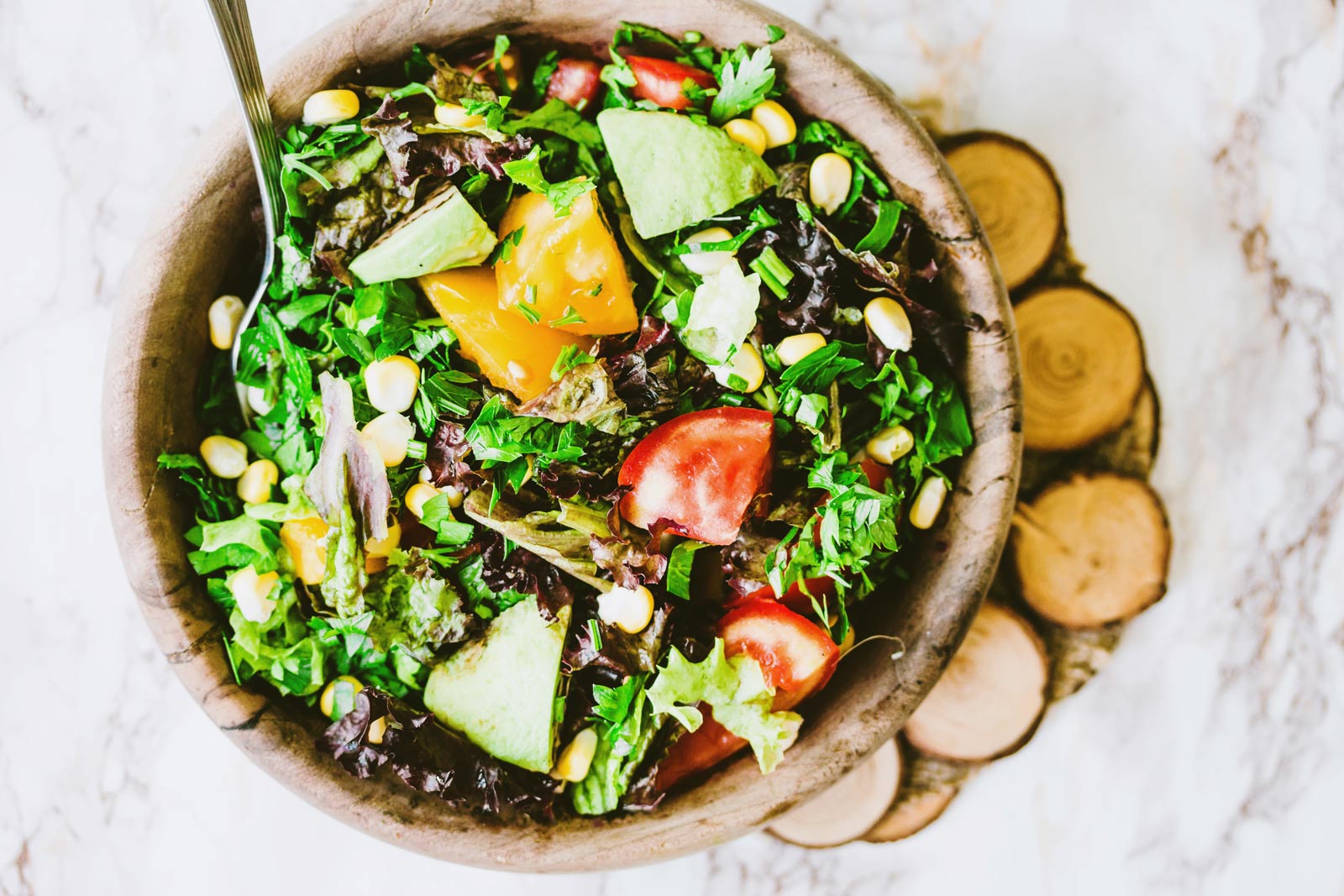The liver is responsible for some of the body’s most important processes that allow us to maintain great health.
If there is one organ in the body that we could all benefit from taking extra good care of, it is our liver. If our liver stops doing its job properly, it will begin to take its toll on our health, energy, vitality, skin, fat-burning capacity, sleep, sex hormone balance and so much more, can all be compromised.
The liver is the body’s second largest organ after our skin; its primary role is detoxification. The simplest way to think about detoxification is as a process of transformation. Any substance that would be harmful to you, if it accumulated in your body, must be changed by the liver into a less harmful form, so that it can then be excreted safely from your body.
The load placed on the liver determines how quickly things move through the liver and this impacts on how you look and feel, as well as how your clothes fit you. Increasing your intake of these five substances will help to promote a healthy, efficient liver detoxification pathways.
TURMERIC
This root is a powerful anti-inflammatory and antioxidant that mops up free radicals. It supports liver detoxification by aiding with efficient oestrogen and cholesterol metabolism so that they are not recycled back into the bloodstream. Fresh turmeric can be grated and added to stir-fries and curries or sliced and added to hot water as a tea. Powdered turmeric is also available and makes a delicious hot beverage when added to a milk of your choice with cinnamon and a sprinkle of black pepper.
DANDELION
The nutrients commonly found in bitter foods support the liver’s function and dandelion is a plant that exhibits these qualities. Dandelion is particularly helpful in maintaining the proper flow of bile within the liver. It’s also a great source of antioxidants. Dandelion leaves have a slightly bitter taste and can be added to salads. The root of the dandelion is extremely bitter and has been used in herbal medicine for a long time. It is readily found in liquid extracts, capsules and tablets. Dandelion root also makes a great tea that has an almost coffee strength and richness to it, making it a great substitute for caffeine.
ST MARY’S THISTLE
This powerful herb, sometimes known as milk thistle, has been shown to help with a sluggish lymphatic system and healthy cholesterol balance. It stimulates bile production which in turn improves the body’s ability to use body fat as an energy source. It is a wonderful liver protector that defends the liver from long-term damage caused by alcohol and synthetic substances. It also helps to regenerate liver cells that may have been damaged as a result of lifestyle choices, is an antioxidant and has anti-inflammatory effects. St Mary’s Thistle is most commonly found as a supplement either as a tablet, powder or tincture. It’s also readily available as a tea.
BROCCOLI
The Brassica genus of vegetables (broccoli, cauliflower, brussels sprouts, cabbage, kale) contain loads of vitamins, minerals and fibre. They also contain substances unique to this botanical family – substances known as indoles and glucoraphane, which get converted into the ultra-superstar sulphoraphane. These substances support the optimal functioning of the liver, particularly those pathways responsible for estrogen metabolism, which is not only important for disease prevention, but also for better thyroid function, energy, efficient use of body fat as a fuel, clearer skin and improved mood.
LEAFY GREENS
Our liver relies on our consumption of nutrients and leafy greens are packed full of vitamins, minerals and antioxidants. Leafy greens are also usually quite bitter –those in the Brassica genus are particularly excellent. So a great step in taking even better care of your liver is to amp up your greens!



